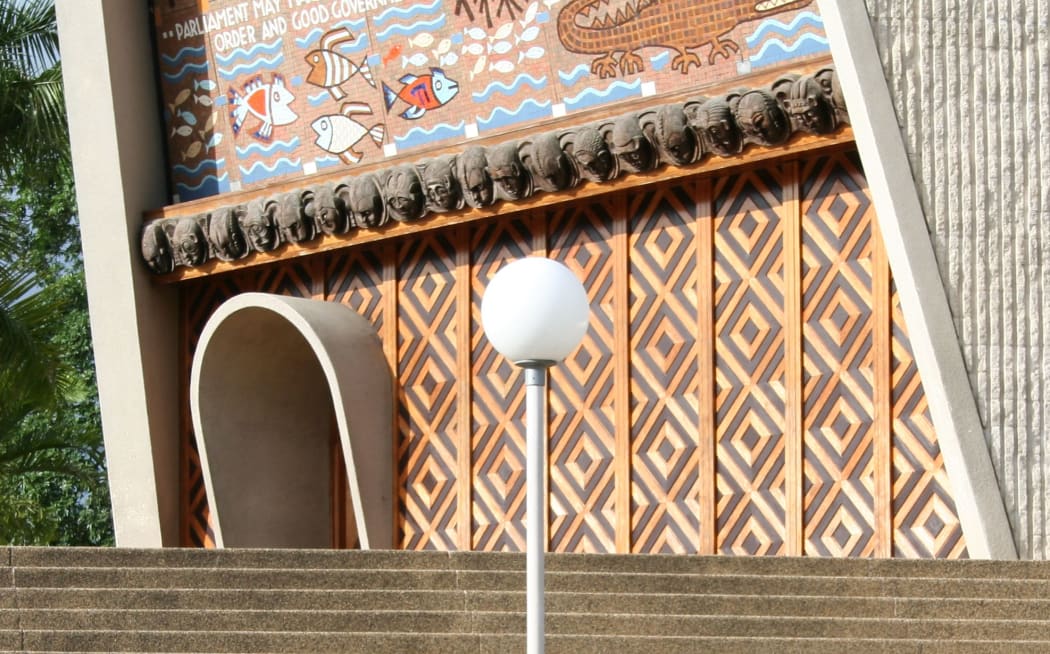Leading members of Papua New Guinea's coalition government are standing firm behind the prime minister Peter O'Neill who is facing a possible vote of no-confidence next week.
The opposition has lodged the motion of no-confidence in the prime minister with the Speaker's office, which is currently vetting the legality of the motion.
Mr O'Neill and his People's National Congress party have enjoyed large majority support in parliament for the past three years.
However, the opposition has claimed that many MPs have become disgruntled with the leadership amid serious fissures in the economy.
But the Minister of Petroleum, and head of the People's Progress Party, Ben Micah said the coalition's majority remains locked in until next year's election.
"My commitment to Prime Minister O'Neill and our coalition partners, the National Alliance led by the Treasurer Mr (Patrick) Pruaitch, and the Minister for Public Enterprises and State Investment, the leader of the United Resources Party, Mr (William) Duma, is unshakeable until the writs are returned in 2017," said Mr Micah.
His comments echoed that of Fisheries Minister Mao Zeming who said the opposition's motion was certain to fail.

PNG's parliament house. Photo: RNZ / Johnny Blades
Meanwhile, as parliament resumed this week, the PNG government defended its handling of the economy.
It said PNG was going through tough times that were being experienced globally.
The Post Courier reports the opposition leader, Don Polye, questioned the government on its cash flow problems, debts and the allegedly rapid decline in the state of the economy.
He said the market is under extreme pressure because of shortage of foreign currency, while the country's foreign reserve had been significantly depleted.
But, speaking in the house, Peter O'Neill said leaders need to be responsible and not mislead.
He claimed the government has no right to give directions to the Central Bank on how to manage monetary policy.
Mr O'Neill sid while the currency wass under pressure it is not not as bad as the opposition claimed.
According to the prime minister, the Central Bank intervened to ensure that the kina was protected.
Mr O'Neill said the government intended going into the sovereign bond market but was waiting because current rates were too high.
He added that everybody knew that because of foreign exchange issues importers were struggling to get enough foreign currencies to pay their bills.

